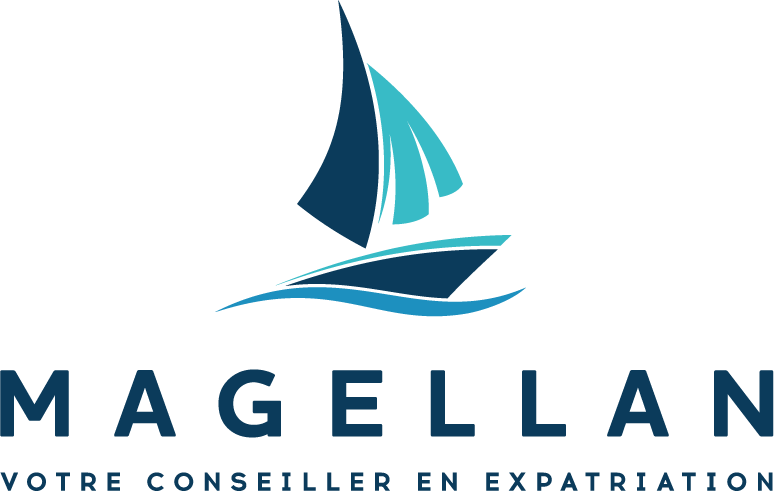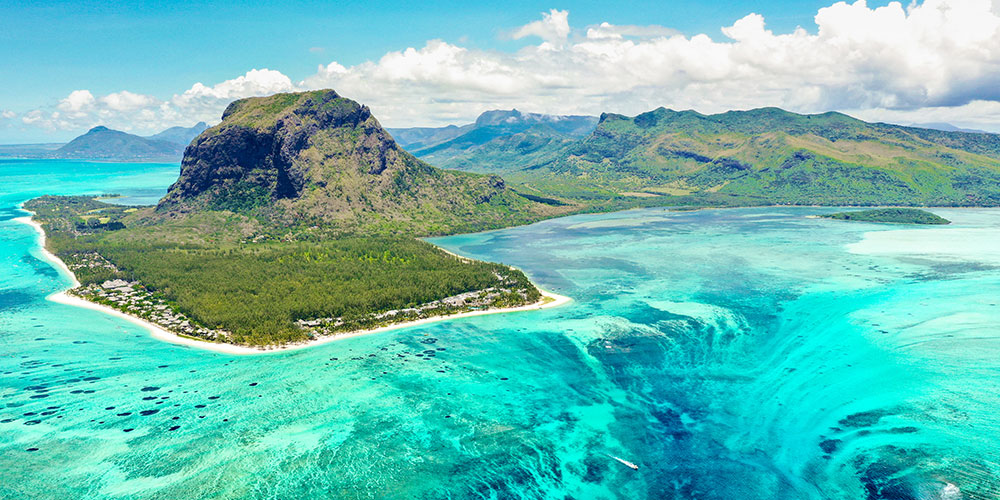
Where to invest in Mauritius as a foreigner
Investing in Mauritius can be a profitable venture for foreigners, but it’s essential to first understand the local regulations for greater chances of success. Magellan, your expatriation consulting specialist, guides you through the process.
Restrictions on foreign investments in Mauritius
Foreign investors can tap into opportunities in various sectors, such as agro-industry, aquaculture, education, financial services, healthcare, hospitality, real estate development, smart cities, ICT-BPO (Information and Communication Technology – Business Process Outsourcing), life sciences, logistics, manufacturing, and media and creative industries. However, most activities require prior approval from the Economic Development Board (EDB) of Mauritius or other relevant authorities.
Investing in regulated activities
Some activities in Mauritius are regulated and require specific licenses:
- Banking: License from the Bank of Mauritius;
- Freeport: Freeport certificate issued by the EDB;
- Tourism: License issued by the Tourism Authority;
- Telecommunications: License from the Information and Communication Technologies Authority;
- Education and Training: Certificate/license from the relevant authorities;
- Healthcare: License from the Ministry of Health and Wellness;
- Gambling: License from the Gambling Regulatory Authority;
- Offshore oil activities: License from the Department for Continental Shelf Maritime Zones Administration and Exploration.
Investing in financial services
Businesses targeting the financial services sector must acquire the necessary licenses from the Financial Services Commission (FSC) or the central bank. For example, a digital bank needs a license under the Banking Act of 2004 to solely conduct digital banking activities.
Investing in real estate development
Under the Non-Citizens (Property Restriction) Act of 1975, a non-citizen cannot own real estate in Mauritius without an authorization certificate from the Prime Minister’s Office (PMO). However, there are exceptions for industrial and commercial properties, properties acquired under specific programs (Invest Hotel Scheme, Property Development Scheme, Smart City Scheme), and apartments in multi-story buildings.
In recent years, the Mauritian government has introduced a series of incentives to attract foreign investors to the real estate sector. Thanks to the streamlining of procedures related to purchasing property, many foreigners have been able to become property owners in Mauritius. Moreover, numerous real estate projects are in the pipeline, offering attractive opportunities for those looking to live or invest on the island.
Specific real estate investment programs in Mauritius
Foreigners can invest in Mauritian real estate through specific programs approved by the EDB. In 2016, the government introduced the Property Development Scheme (PDS), allowing non-citizens to purchase luxurious residences like condominiums, villas, and high-end apartments. PDS properties comprise common infrastructure such as spas, sports facilities, and children’s play areas, along with services like cleaning, concierge, and security. This program facilitates the acquisition of premium real estate by non-residents.
G+2 projects and residence permits
In 2016, the government also allowed the purchase of apartments in G+2 buildings (ground floor plus two floors) for a minimum investment of 375,000 USD. This makes buyers eligible for a renewable 10-year residence permit, with the option to rent or sell their property.
An attractive tax regime
By investing in Mauritius, foreigners also benefit from an attractive tax regime. The tax rate is capped at 15% on professional and rental incomes, as it is the value-added tax (VAT). Moreover, Mauritius has signed double taxation agreements with several countries, avoiding double taxation. It’s also worth noting that capital gains tax, property tax, and inheritance are nonexistent in the country.
Rental investment and appreciation of assets
Mauritius attracts over a million tourists annually, offering substantial rental income opportunities. Therefore, real estate investment remains a safe and profitable placement, even in times of economic fluctuations, as demonstrated during the COVID-19 pandemic.
Investing in securities
Foreign investors can invest in all publicly traded securities except for Mauritian sugar companies, for which prior authorization from the FSC is required if the investment exceeds
15% of the shares.
Procedures and penalties for non-compliance
Businesses operating in the financial services sector have to apply for the appropriate license from the FSC by providing a business plan, application fees, and other necessary information. Any unlicensed activity is subject to a fine of up to Rs 500,000 and imprisonment for up to five years. Unauthorized acquisition of real estate property can lead to property seizure and sale by the curator.
Requirements for foreign investors looking to invest in Mauritius
To qualify for an FSC license, applicants must demonstrate adequate resources, necessary skills, and their ability to conduct the activity. For real estate acquisition, non-citizens must comply with specific conditions related to property use and avoid any speculative practices.
Right of appeal
EDB’s non-authorization decisions cannot be contested. For financial services, an FSC review committee can handle certain requests but is not authorized to review license denial decisions. Real estate disputes can be taken to the Supreme Court.
Conclusion
To ensure a successful investment venture in Mauritius as a foreigner, contact Magellan, your expatriation advisor. Our team of experts has a deep understanding of local regulations and will guide you through procedures to avoid non-compliance and guarantee a fruitful investment.
Article sources:
Doing Business In.. 2024 – practiceguides.chambers.com
Reasons to invest in real estate in Mauritius – pleionrealestate.com







Leave a Reply